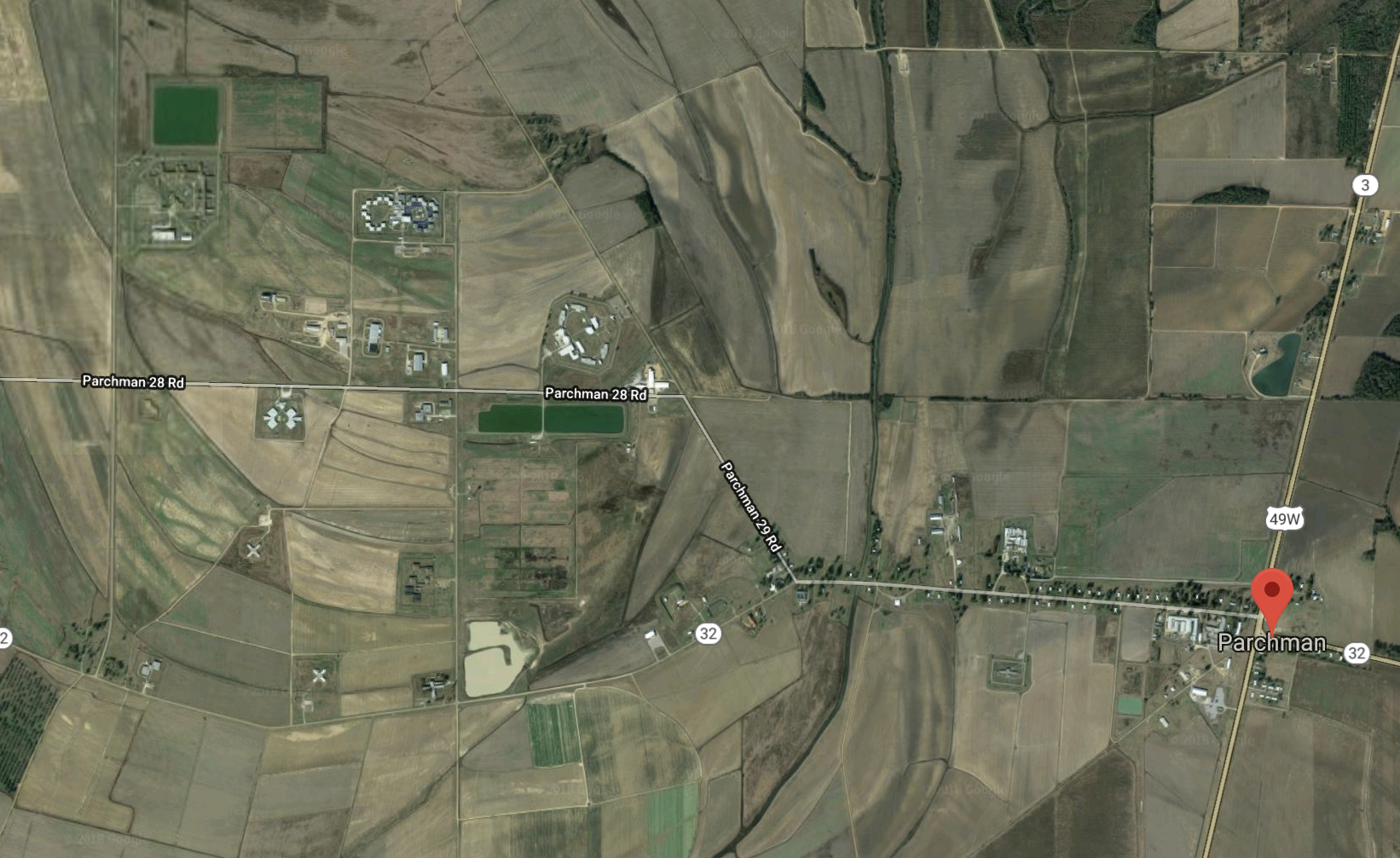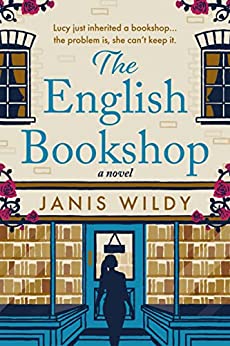 The English Bookshop by Janis Wildy
The English Bookshop by Janis Wildy Published by Blakeley Press on April 1, 2022
Genres: Contemporary Fiction
Pages: 352
Format: E-Book, eBook
Buy on Amazon
This post contains affiliate links you can use to purchase the book. If you buy the book using that link, I will receive a small commission from the sale.
Goodreads
An inheritance, a bookshop and a promise…Lucy isn’t ready for a life-changing journey when it comes knocking; she just wants to keep everything the same as the day her stepfather died. Unfortunately, expenses have overtaken her small family business, forcing her to do something quickly to keep it afloat.
When Lucy finds out she has inherited a bookshop in England, she travels to see it, intent on selling the property as soon as possible. But once there she meets a wonderfully kind group of villagers, including a handsome bookseller, who challenge her decision to make a quick sale. What begins as a way to make money for her business in Seattle becomes an experience that uncovers family secrets and reveals the kindness of strangers. In England, Lucy just might rewrite her past in order to follow her heart.Step into the warm English village of Wakeby and enjoy a savory breakfast at Hollyhock B&B, take a romantic walk in the luscious summer gardens and find yourself among new friends at The English Bookshop.
I picked this book up as a sort of comfort-read palate-cleanser because I was reading a book I didn’t enjoy at all, and I wanted to escape to an idyllic English setting. On that front, the book delivers nicely. This book was a fun, light read that made me feel more excited about my trip to the United Kingdom and Ireland in 2024. The main character finds herself in one of those perfect dream scenarios and dithers a bit too much about the decision (I mean, it’s obvious that if you inherit a cute bookshop in England, you’re going to go there and run it, right?). Still, the author laid the groundwork for her indecision pretty well: she’s carrying on a legacy of a much-beloved stepfather in running his company, which is what she thinks he would have wanted. This book captures the feeling of giving up dreams to do what you think your family wants well.
I felt the antagonists were a bit over the top, but I suppose there are really people who are awful like that. They teetered into caricature at times but, thankfully, didn’t take up too much of the book’s real estate. The main character’s mother and stepmother were particularly egregious, and I wanted them to have more rounded characters—they had to have some redeeming qualities, or the protagonist’s father wouldn’t have loved them. I don’t feel I really got to see that.
In any case, this book was a nice, cozy read that didn’t demand too much of me as a reader; it served its purpose as a comfort-read palate-cleanser well.
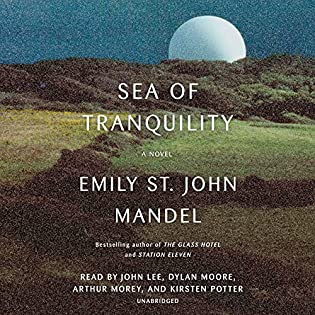 Sea of Tranquility by
Sea of Tranquility by 
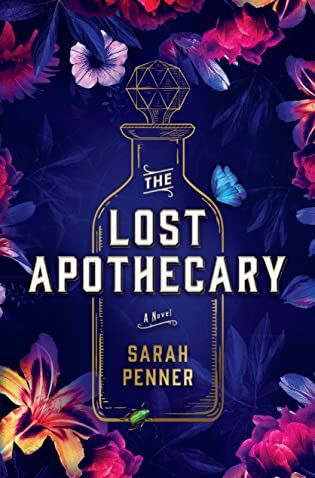 The Lost Apothecary by
The Lost Apothecary by 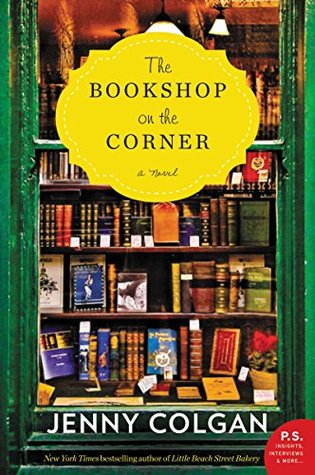 The Bookshop on the Corner by
The Bookshop on the Corner by 
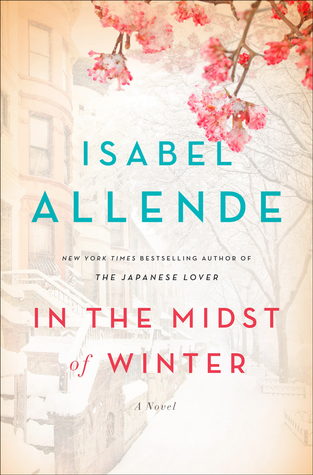 In the Midst of Winter by
In the Midst of Winter by 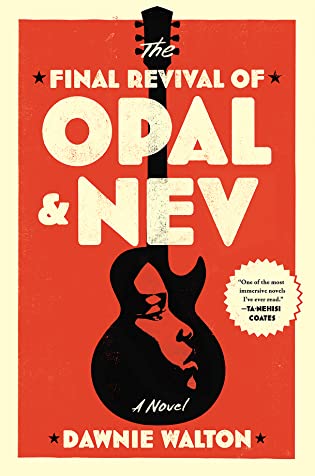 The Final Revival of Opal & Nev by
The Final Revival of Opal & Nev by 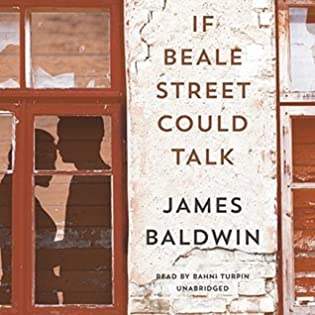 If Beale Street Could Talk by
If Beale Street Could Talk by 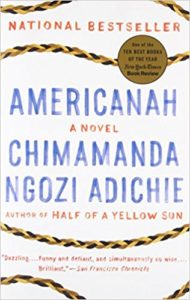 Americanah by
Americanah by 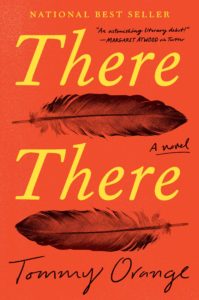 There There by
There There by 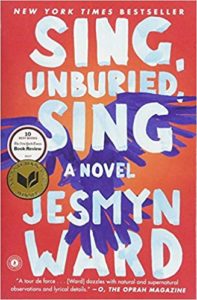 Sing, Unburied, Sing by
Sing, Unburied, Sing by 